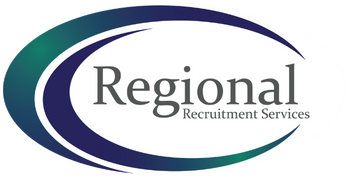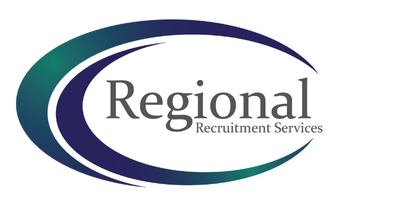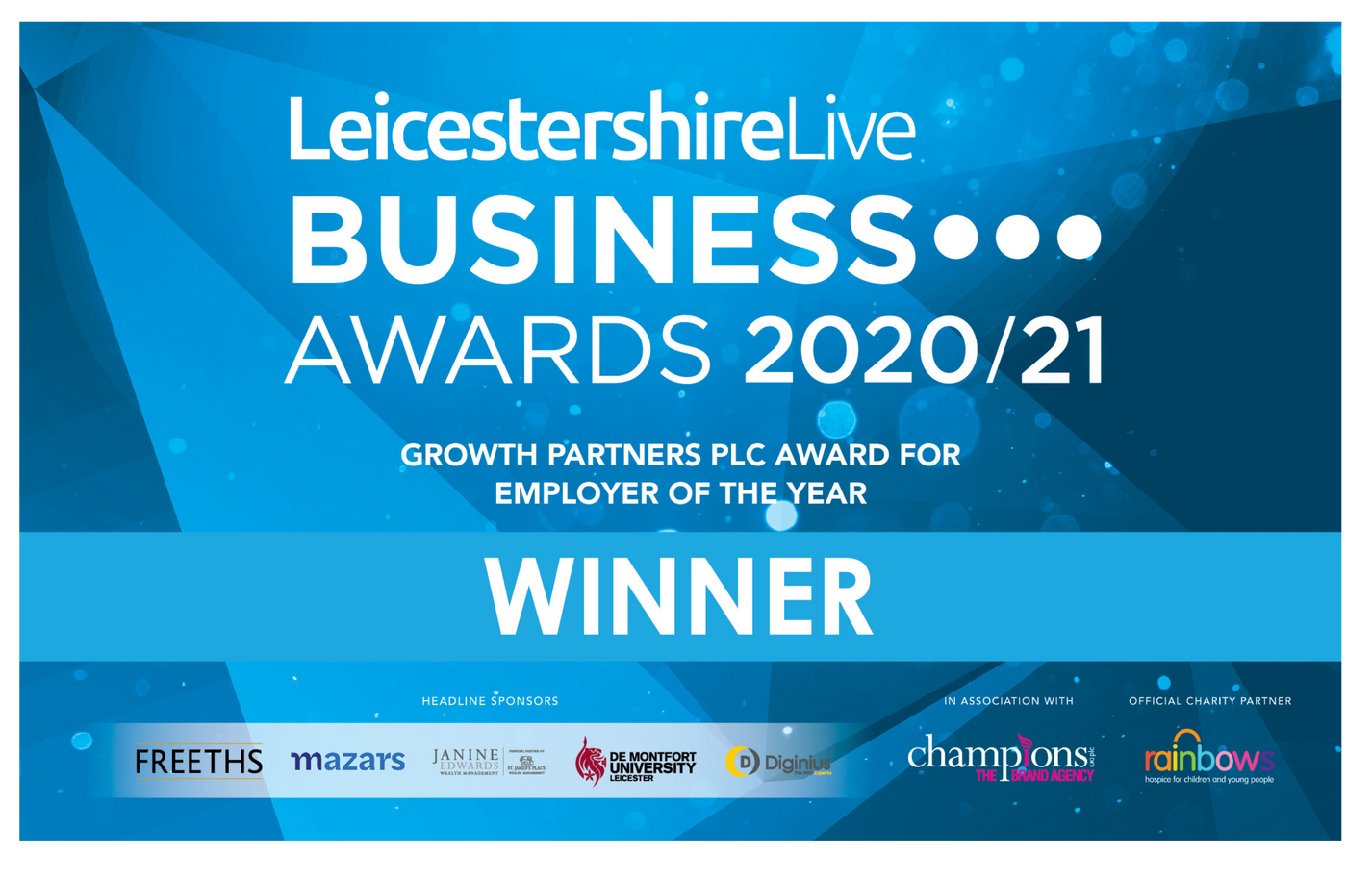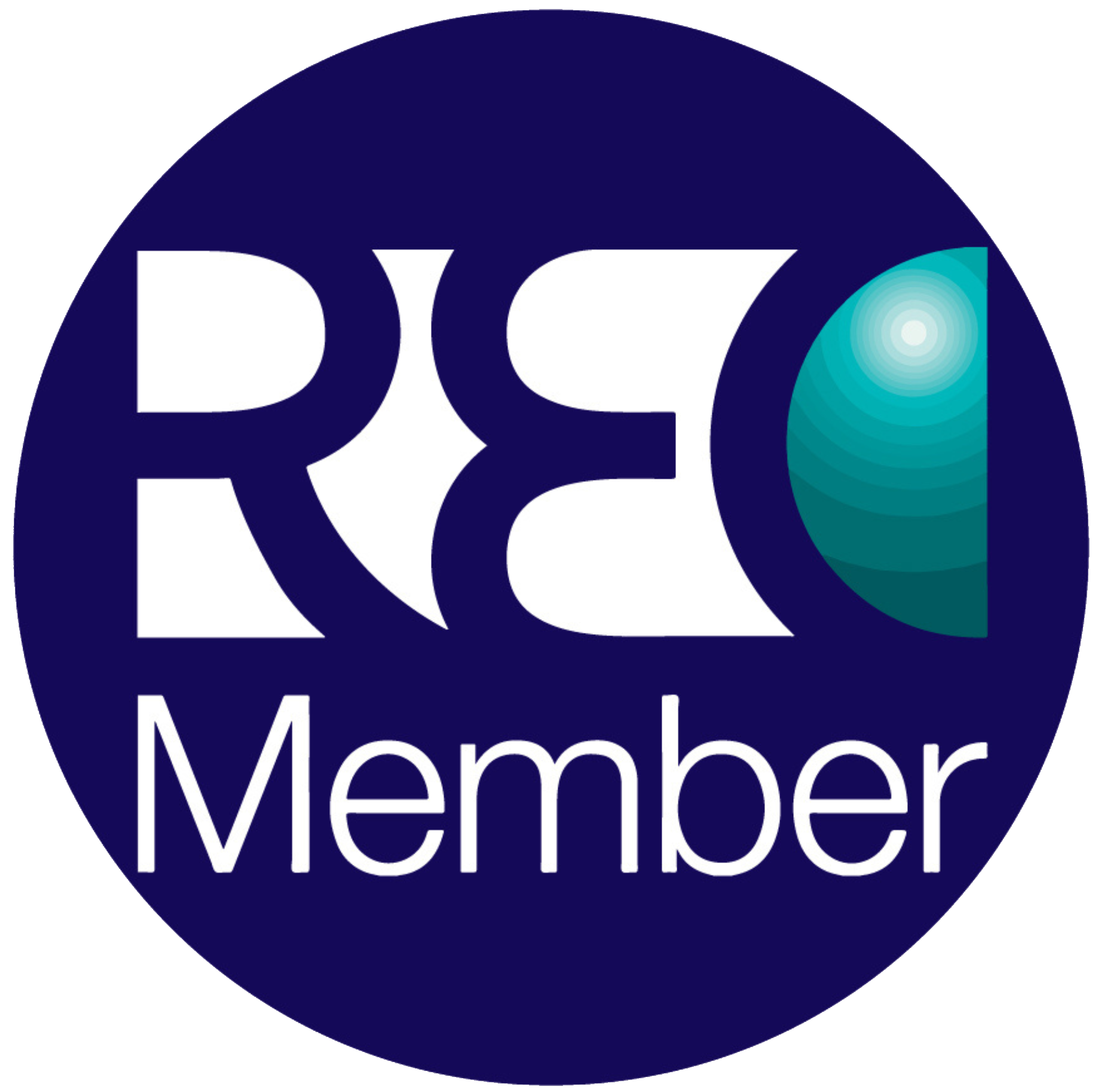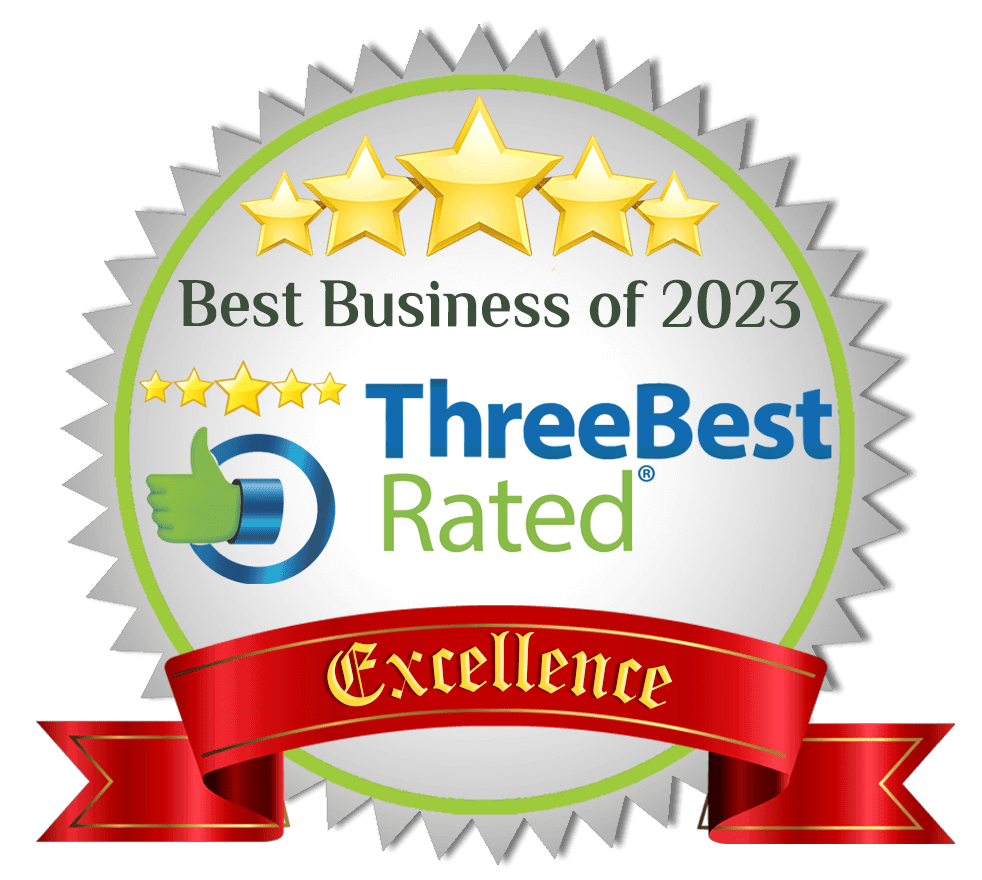Creating & Nurturing Business Relationships through Networking
Networking is the practice of establishing and maintaining relationships with individuals or groups for mutual benefit, typically in a professional context. It involves connecting with others, sharing information, resources, and opportunities, whilst building a network of contacts who can offer support, advice and collaboration.
The Foundation of Strong Relationships: Trust & Communication
Trust and communication builds the foundation of any strong relationship, whether that be personal or professional. When building trust in a professional setting it’s important to remember that active listening and effective communication are key, by both speaking and listening there becomes an improvement in mutual understanding between both parties. Active listening demonstrates respect, reduces misunderstandings, and encourages collaboration by strengthening relationships.
Creating strong relationships starts from earning someone’s trust, this can be done through consistency, reliability and honesty. Consistency is the concept of the reliability and predictability of someone’s actions, when referred to in the context of communication, being consistent means that your words match your actions, when behaving in a manner that matches your stated intentions it can build trust and confidence.
Reliability is closely linked to consistency but emphasises the ability to deliver on promises and commitments. When thinking about reliability in communication, it essentially means following through on what you say you will do. Consistently demonstrating reliability reinforces trust by showing that you can be depended on to fulfill you obligations.
Honesty is the act of being truthful, trustworthy and forthcoming in your communication, including admitting mistakes, openly sharing positive and negative news, and avoiding deceit. Honesty builds some of the essential elements of trust: credibility and integrity.
Having open and transparent communication is just as important as communicating with active listening. Being open and transparent involves the act of information being shared upwards, downwards and laterally in a way for all to see the ‘why’ behind the words. This type of communication allows for better understanding and bond strengthening between individuals or organisations.
Building Genuine Connections: Quality over Quantity
In the world of business networking it can be easy to get caught up in wanting to constantly expand your network, although this is one part of networking, it is crucial to prioritise genuine connections over the amount of connections you have.
Quality connections are often built on shared interests, values, and mutual respect, allowing you to bond with individuals who, in a certain way, are similar to yourself. These connections often begin with finding a common ground with the other person, shared interests that could be professional or personal, for example your industry/field of work, or one of your hobbies. Finding a shared interest creates more engaging conversation and provides a basis for connection between individuals.
Values are important as they are fundamental beliefs and principles that guide an individual’s behaviors and decision making. Finding people who share similar values to yourself can provide a foundation for mutual understanding, common shared values in networking include: integrity, honesty, respect and collaboration.
Mutual respect makes quality connections thrive, it involves recognising and valuing each other’s perspectives and opinions. Respectful communication fosters a positive and inclusive environment where individuals are heard, understood and valued. Mutual respect promotes trusting and collaborative connections, that are mutually beneficial for both parties.
Personalising Interactions: Tailoring your Approach
Personalising interactions involves changing your approach to suit each individual you interact with when networking, considering their unique characteristics, preferences, and communication styles. Understanding an individual’s unique needs and preferences helps to tailor the interaction and resonate with them on a personal level, demonstrating these efforts may involve actively listening and asking questions, and observing behaviors to gain insight into the individuals motivations, by doing this, it shows a great demonstration of commitment to their success and well-being.
Effective communication requires understanding and adapting to the diverse communication of others, when building your network you will connect with many individuals, each will have a different way of communicating. Some may prefer direct, to the point communication, whilst others may appreciate a more conversational approach, adapting communication styles helps to make your message resonate with the individual more effectively.
Using the of Power Technology for Building Relationships
Technology offers powerful tools for expanding and nurturing professional networks. Business social media networks such as LinkedIn offer a chance to make connections at your fingertips, this is a great way for people who may lack confidence in networking, as oppose to more traditional, in-person events.
Another benefit of networking through technology is the fact you can facilitate connections worldwide by using the power of social media, networking apps, and email. This gives a wider scope for expanding your network and can create more room for opportunities, and allowing you to connect with potential collaborators, mentors, clients and partners from around the world, regardless of geographical boundaries.
Strategically using technology tools, platforms and resources can enhance efficiency in your networking. Technology streamlines communication, offering many channels to connect and reach out to individuals. Social platforms and apps allow real-time communication and collaboration, regardless of physical location, allowing you to stay in touch, share updates, exchange ideas, and coordinating networking activities efficiently.
Building an online presence is important when networking, LinkedIn is great for starting out and building a personal brand; a personal marketing strategy that can help boost your professional brand. As you create and build your profile and personal brand, you can start to connect with others in your industry and build your network.
Long-Term Benefits, Collaborations & Referrals
Cultivating strong relationships can lead to a multitude of long-term benefits, such as collaboration, referrals, and professional growth. Strong business relationships can also offer support during challenging times, as well as support and guidance. Ultimately the long-term benefits of cultivating strong relationships extend beyond professional success to also include personal fulfilment and satisfaction.
Collaborating with trusted connections is a natural progression of building some of the strongest business relationships. ‘Trusted’ connections are those with who you have established a rapport, share common goals or interests, and have demonstrated reliability and consistency over time. These collaborations enable mutual growth and success by leveraging each other’s strengths, expertise, resources, and networks.
In addition to this, working collaboratively with trusted connections fosters innovation, creativity, and synergy, leading to more impactful outcomes than individual effects alone.







